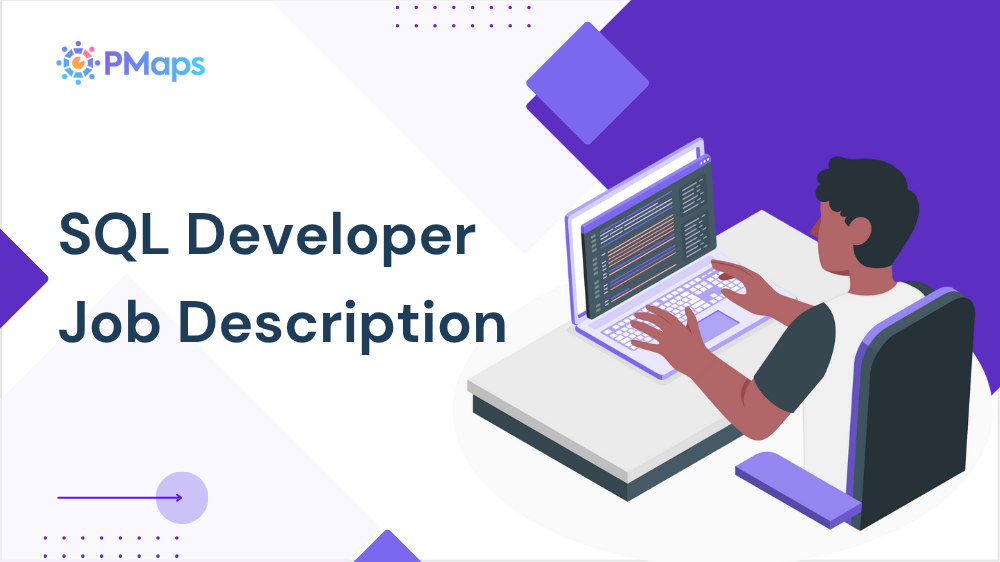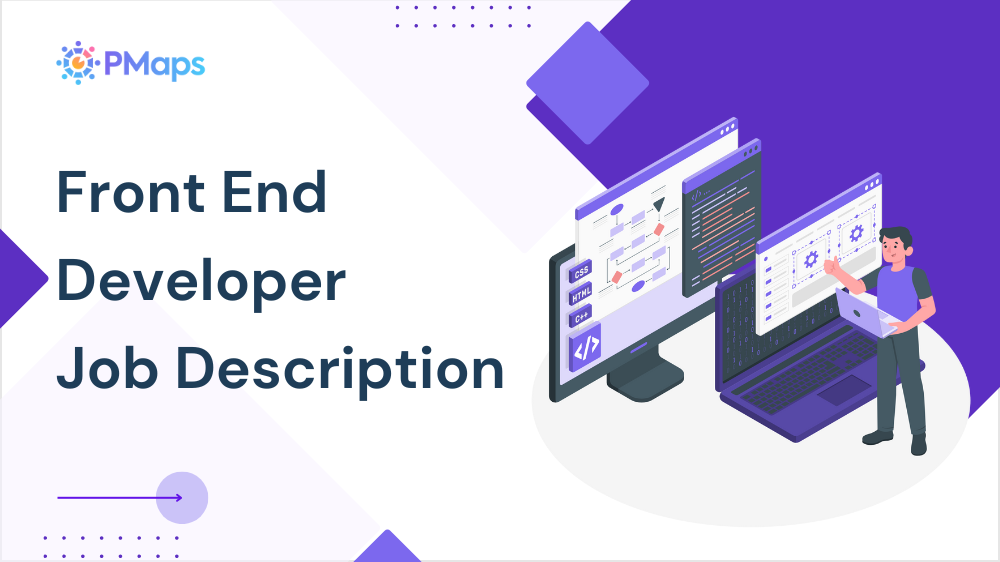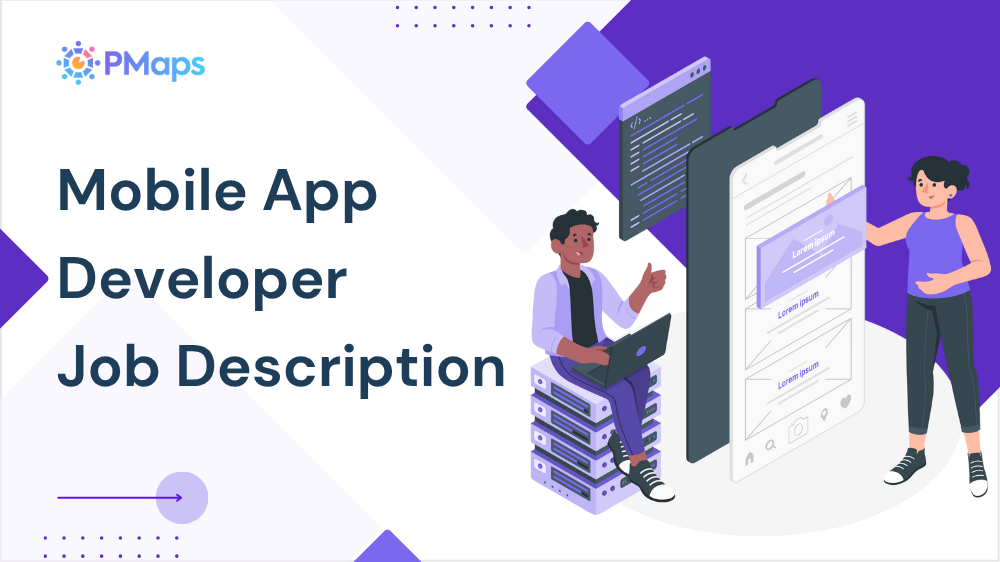
The SQL Developer is responsible for designing, developing, and managing SQL databases to ensure data integrity, security, and performance. In this role, the developer will write complex SQL queries, create stored procedures, and implement database solutions that align with business needs. The SQL Developer will collaborate with application developers, data analysts, and IT teams to optimize database structure and enhance data accessibility.
Additionally, the SQL Developer will monitor database performance, troubleshoot issues, and perform data migrations when required. They will also ensure compliance with security policies and assist in backup and recovery tasks. A strong understanding of relational databases such as Microsoft SQL Server, MySQL, or PostgreSQL is essential. The ideal candidate will possess excellent analytical skills, attention to detail, and the ability to manage multiple tasks efficiently in a fast-paced environment.
Roles and Responsibilities of SQL Developer
The SQL Developer is charged to transform raw information into structured, accessible, and high-performing systems that empower applications, drive business insights, and support informed decision-making and support the company’s operations with accuracy and efficiency.
Responsibilities include:
- Developing and maintaining efficient database schemas to support complex applications.
- Ensuring data consistency and reliability by implementing data validation techniques and regular database checks.
- Integrating databases with other business systems, ensuring seamless data flow between applications.
- Providing support for business intelligence systems by creating and maintaining reporting queries and dashboards.
- Ensuring databases are optimized for speed and handling large volumes of data efficiently.
- Regularly updating database systems and applying patches or upgrades as necessary.
Think you've found the perfect SQL Developer? Put them to the test with our SQL Test Assessment and be sure before you hire!

Objective of the SQL Developer
The SQL Developer is essential in ensuring the company’s data infrastructure supports dynamic business needs. The objective is to leverage SQL expertise to create innovative database solutions that enhance performance, reliability, and scalability. This role focuses on turning complex business requirements into data-driven solutions that drive operational efficiency and decision-making.
Key objectives include:
- Ensure Data Scalability: Design and implement databases capable of handling increasing amounts of data and queries without compromising performance.
- Develop Innovative Solutions: Create robust, scalable SQL solutions that address both current and future business challenges.
- Facilitate Data Access: Ensure data is easily accessible for business users, making reporting and analysis efficient.
- Enhance Efficiency: Streamline processes by automating repetitive database tasks, improving overall productivity.
- Improve Data Integration: Ensure seamless integration between databases and other business systems.
- Support Continuous Improvement: Focus on ongoing optimization and improvement of SQL queries, systems, and overall database performance
Qualifications & Skills of SQL Developer
The SQL Developer role requires a combination of technical expertise and analytical skills. Ideal candidates will have a solid foundation in database management, query optimization, and problem-solving, along with the ability to work collaboratively with teams.
Key qualifications and skills include:
- Bachelor’s degree in Computer Science, Information Technology, or a related field.
- Proficiency in writing complex SQL queries, stored procedures, and triggers.
- At least 2-3 years of experience in SQL database development and management.
- Hands-on experience with relational database management systems like SQL Server, MySQL, or PostgreSQL.
- Strong understanding of query optimization and database performance tuning techniques.
- Familiarity with database security practices and ensuring compliance with data protection regulations.
Think you’ve found the right SQL Developer? Challenge them with our expert interview questions and make sure they’re the perfect fit!
Perks and Benefits of SQL Developer
The SQL Developer role offers several benefits that contribute to both professional growth and personal well-being. In addition to the opportunity to work on complex and impactful projects, employees enjoy a supportive environment that fosters collaboration and continuous learning.
Key perks and benefits include:
- Attractive salary with performance-based incentives.
- Comprehensive healthcare plans, including dental and vision insurance.
- Opportunities for continuous learning, training programs, and certifications in SQL and related technologies.
- Generous paid time off (PTO) and flexible work arrangements.
- Clear paths for career advancement, with potential for leadership opportunities.
- A collaborative environment where you can work with skilled professionals across different teams.
Tips for Employers to Craft an Effective Job Description
Crafting an engaging and informative job description for a SQL Developer ensures you attract the best candidates while clearly communicating the role’s expectations.
Here are some strategies to help you create an appealing and effective job description:
- Instead of just listing tasks, highlight how the SQL Developer will contribute to the success of the team and the company’s goals.
- Describe the type of SQL Developer you need to consider factors like experience level, work style, and specific problem-solving abilities.
- Use dynamic language that conveys excitement, such as "design," "optimize," and "collaborate," to make the role sound engaging.
- Make sure the job description conveys technical requirements but also shows how the role fits into the larger business strategy.
- Be specific about your expectations regarding tasks like query writing, database optimization, or troubleshooting to avoid ambiguity.
- Highlight the growth opportunities available within your company, such as working on new technologies or leading larger projects in the future.









